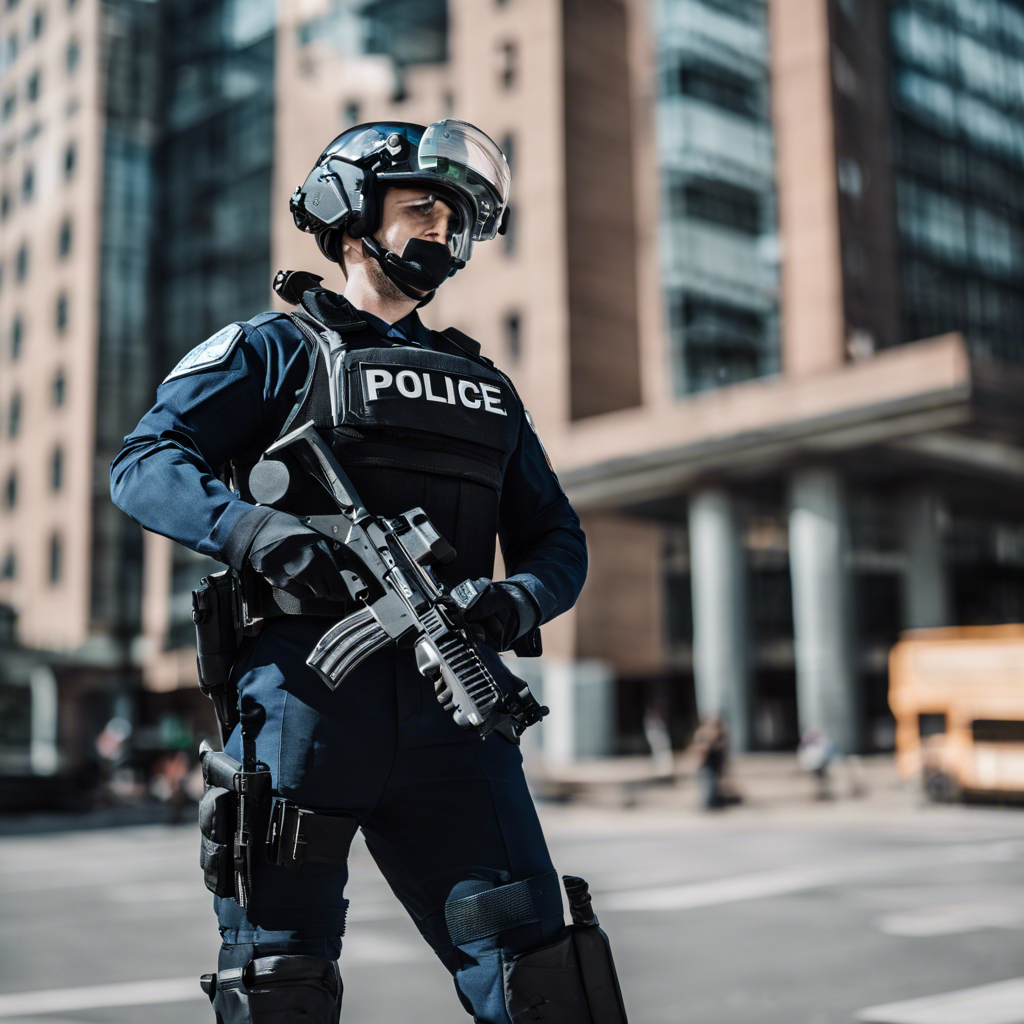The Future of Policing: Embracing Accountability and Technology

How the role of law enforcement is evolving in the face of increasing demand for transparency and accountability
In the not-so-distant past, society celebrated renegade cops who took justice into their own hands. Characters like Dirty Harry were idolized for their tough, no-nonsense approach to fighting crime. However, as we’ve witnessed the consequences of unchecked power and the need for transparency, the narrative around policing has shifted dramatically. In today’s world, there is a growing demand for law enforcement to be held accountable, and technology, such as body cameras, is playing a pivotal role in achieving this goal.
The Rise of Body Cameras and Accountability
Over the past decade, body cameras have become a crucial tool in law enforcement. These small devices, worn by officers, record their interactions with the public, providing an unbiased account of events. The implementation of body cameras has been hailed as a significant step towards accountability, as it holds both officers and civilians responsible for their actions. Studies have shown that the presence of body cameras can de-escalate tense situations and reduce the use of force by police officers.
The Impact on Policing Practices
With the widespread adoption of body cameras, law enforcement agencies have been forced to reevaluate their practices. The knowledge that their actions are being recorded has led officers to exercise more caution and adhere to departmental policies. This increased scrutiny has resulted in a decline in complaints against officers and a more transparent approach to policing. The use of body cameras has also provided valuable evidence in investigations, helping to resolve disputes and ensure a fair judicial process.
Balancing Privacy and Transparency
While the use of body cameras has undoubtedly improved accountability, it has also raised concerns about privacy. The footage captured by these devices can contain sensitive information and personal interactions. Striking a balance between the need for transparency and respecting individuals’ privacy rights is a complex challenge. Law enforcement agencies must establish clear guidelines on when and how body camera footage is accessed, ensuring that it is used solely for its intended purpose – to enhance accountability.
Beyond Body Cameras: The Role of Technology
cameras are just one example of how technology is transforming the field of law enforcement. In the future, we can expect to see further advancements that enhance accountability and improve policing practices. Artificial intelligence and data analytics, for instance, can help identify patterns of misconduct or bias within police departments. Predictive policing algorithms can also assist in allocating resources more effectively, leading to a more proactive and community-oriented approach.
The Importance of Community Engagement
While technology plays a crucial role in holding law enforcement accountable, it is equally important to foster strong relationships between the police and the communities they serve. Community engagement initiatives, such as neighborhood watch programs and regular town hall meetings, can bridge the gap between law enforcement and civilians. By involving the community in decision-making processes and fostering trust, police departments can build stronger partnerships that prioritize public safety and mutual respect.
Conclusion:
The landscape of law enforcement is evolving, driven by the need for accountability and transparency. Body cameras have emerged as a powerful tool in holding both officers and civilians responsible for their actions. However, achieving true accountability requires a multifaceted approach that balances privacy concerns with the need for transparency. As technology continues to advance, it will play an increasingly significant role in shaping the future of policing. But ultimately, it is the collaboration between law enforcement and the communities they serve that will determine the success of these efforts. Only through open dialogue and mutual understanding can we create a safer and more just society.









